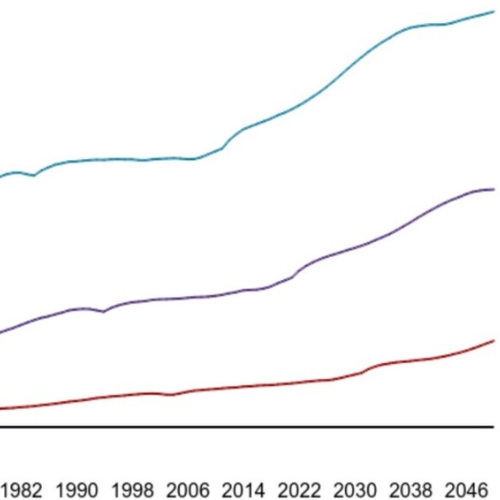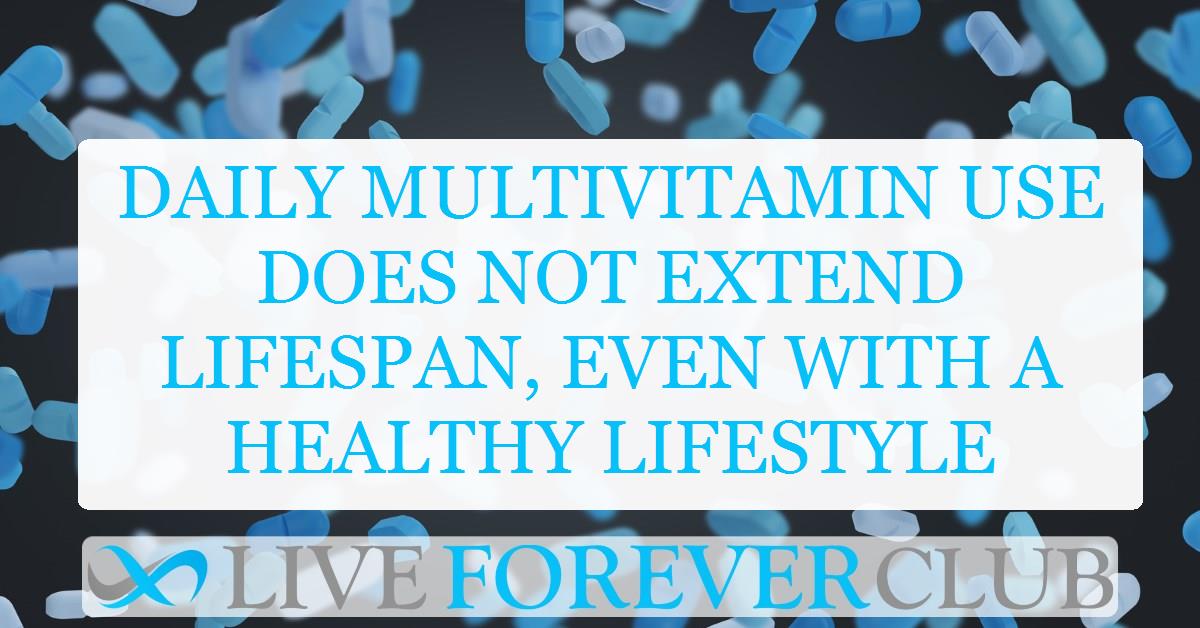Almost one in three American adults regularly pop a multivitamin, convinced that these little pills are their ticket to a healthier, longer life. But are they? A recent study spanning over two decades and involving nearly 400,000 people set out to answer this pressing question. Spoiler alert: the findings might surprise you.
Motivation behind multivitamin use
The allure of multivitamins is undeniable. With promises of bolstered health and a shield against chronic diseases, it's no wonder these supplements have garnered a massive following. Notably, older adults, women, non-Hispanic Whites, and those with higher education levels are more inclined to reach for these vitamins, driven by the hope of maintaining or enhancing their health.
To delve into the potential benefits of multivitamins, researchers from National Cancer Institute tapped into three extensive cohort studies: the National Institutes of Health–AARP Diet and Health Study, the Prostate, Lung, Colorectal, and Ovarian Cancer Screening Trial, and the Agricultural Health Study. This massive undertaking involved over 390,000 adults, meticulously tracked for more than 20 years.
Multivitamin habits
Participants, all free of cancer and major chronic diseases at the start, were surveyed about their multivitamin habits. The researchers then monitored their health outcomes, particularly mortality rates, adjusting for a myriad of potential confounders like diet, exercise, smoking, and more.
The median age of participants was around 61.5 years, with a slight male majority (55.4%). Interestingly, daily multivitamin users tended to be better educated and healthier overall—only 11% of them were current smokers, compared to 13% of non-users. Yet, when it came to mortality, the differences were startlingly absent.
Multivitamin for living longer
Mortality rates and multivitamin use
The big reveal? Multivitamin use did not correlate with a lower risk of death. Whether participants took these supplements daily or not, their mortality rates were essentially the same. In statistical terms, the hazard ratios hovered around 1.04, indicating no significant benefit in either the short or long term.
Impact of healthy lifestyle confounding
One of the study’s strengths was its ability to account for the "healthy user effect." Multivitamin users often lead healthier lives—they eat better, exercise more, and smoke less. Despite these advantages, their longevity wasn’t notably improved by multivitamin intake.
The researchers also considered how multivitamin use might change over time and affect health outcomes. Again, the results were consistent: no substantial mortality benefit emerged, even when factoring in changes in usage patterns.
Interpreting the findings
Absence of a mortality benefit
The conclusion was clear and somewhat unexpected: taking multivitamins regularly does not extend your lifespan. These findings stand in contrast to the widespread belief that multivitamins are essential for longevity.
These results echo the 2022 review by the US Preventive Services Task Force, which also found insufficient evidence to support multivitamin use for preventing mortality. This study, with its extensive follow-up and large participant pool, adds significant weight to the argument against the mortality benefits of multivitamins.
Despite its robust design, the study isn’t without limitations. The reliance on self-reported data can introduce biases, and while the researchers adjusted for many confounders, some unmeasured factors could still influence the outcomes. Nonetheless, the consistency of the findings across multiple analyses bolsters their reliability.
What this means for multivitamin users
For the millions who swear by their daily multivitamin, these findings might be a tough pill to swallow. While multivitamins may still offer benefits like filling nutritional gaps, their role in extending life appears minimal at best.
Public health guidance may need to pivot in light of these findings. Rather than relying on multivitamins, a focus on proven health strategies—like a balanced diet rich in fruits and vegetables, regular physical activity, and smoking cessation—remains paramount.
In the end, this comprehensive study brings us back to a fundamental truth: there are no shortcuts to a long, healthy life. While multivitamins may serve a purpose, they are no substitute for the tried-and-true pillars of good health. So next time you reach for that bottle of vitamins, remember: the best path to longevity lies in wholesome habits, not a handful of pills.
The study is published in the journal JAMA Network Open. The team was led by Erikka Loftfield.







